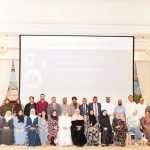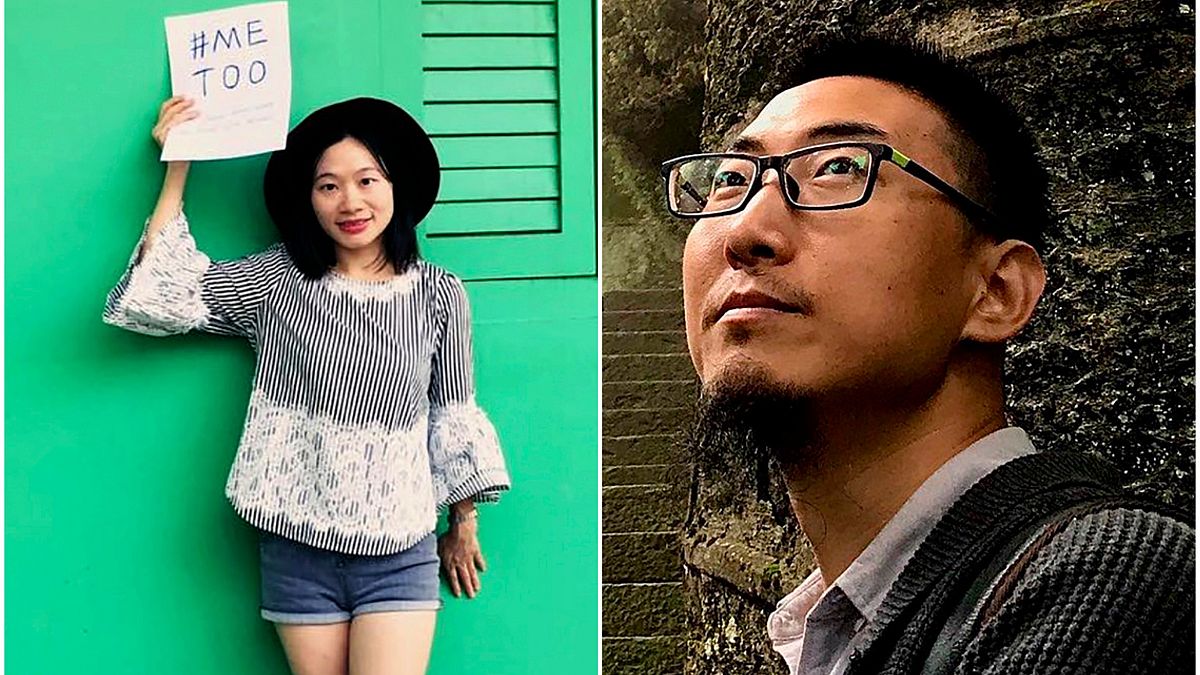In 2018, Huang Xueqin and Wang Jianbing helped spark China’s first #MeToo case when Huang publicized allegations of sexual harassment made by a graduate student against her Ph.D. supervisor at one of China’s most prestigious universities. However, this movement was short-lived as the Chinese government quickly silenced activists like Huang and Wang, who were detained almost three years ago. Recently, Huang has been sentenced to five years in prison on charges of incitement to subvert state authority, while Wang received a sentence of three years and six months on the same charge. This crackdown on activists is part of a larger trend of government control of activism that predates the #MeToo movement in China.
Huang and Wang’s cases have become intertwined with a general crackdown on rights advocates in China. The ruling Communist Party has shown a lack of tolerance for activism not under its control, especially when it comes to issues of women’s rights. Despite the government’s promotion of the idea that “women hold up half the sky,” the reality is that institutions in China remain dominated by men. The sentencing of Huang and Wang is seen as an attack on women’s advocacy in China, with rights groups condemning their convictions as a broader attack on human rights and social advocacy in the country.
Huang’s sentencing to five years in prison and a fine of 100,000 yuan highlights the Chinese government’s efforts to silence activists and control the narrative around social justice issues in the country. The lack of tolerance for activism that is not under the government’s control is evident in the crackdown on rights advocates like Huang and Wang, who have been punished for educating themselves and others about social justice issues. While the government may claim that Huang and Wang’s work poses a threat, supporters argue that they have committed no actual crime and are being targeted unjustly for their advocacy.
The sentencing of Huang and Wang comes as a blow to the #MeToo movement in China, which had briefly flourished before being silenced by the government. The crackdown on activists like Huang and Wang is part of a broader trend of government control over activism in China, which routinely silences journalists and rights advocates through prolonged periods of isolation before sentencing them to prison. This chilling effect on human rights and social advocacy in the country highlights the challenges faced by activists who seek to promote women’s dignity and workers’ rights in a system where top positions are predominantly held by men.
Despite the government’s efforts to silence activists like Huang and Wang, their supporters continue to speak out against their unjust detention and sentencing. Rights groups, including Amnesty International, have condemned Huang’s conviction as an attack on women’s advocacy in China. The global community has called for the release of Huang and Wang, who have been unfairly targeted for their efforts to promote social justice and women’s rights in a country where activists face increasing state crackdowns. The fight for justice and equality continues, even in the face of adversity and government repression.











